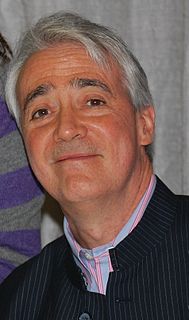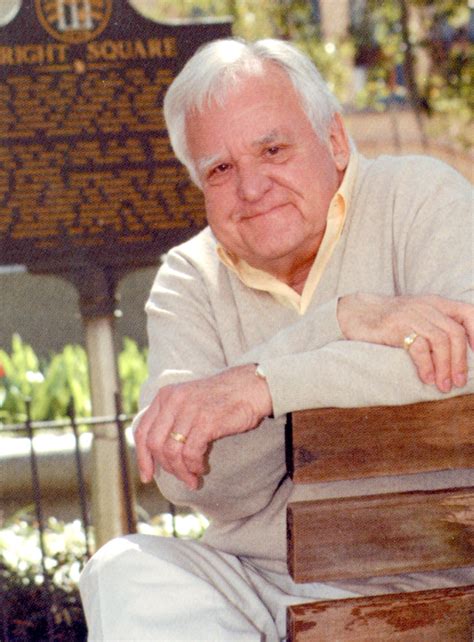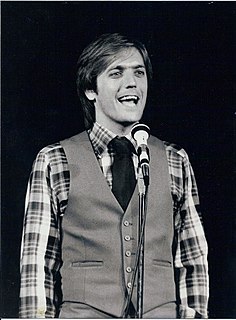A Quote by Neil Postman
The line-by-line, sequential, continuous form of the printed page slowly began to lose its resonance as a metaphor of how knowledge was to be acquired and how the world was to be understood. "Knowing" the facts took on a new meaning, for it did not imply that one understood implications, background, or connections. Telegraphic discourse permitted no time for historical perspectives and gave no priority to the qualitative. To the telegraph, intelligence meant knowing of lots of things, not knowing about them.
Quote Topics
About
Acquired
Background
Began
Connections
Continuous
Did
Discourse
Facts
Form
Gave
Historical
Historical Perspective
How
Implications
Imply
Intelligence
Knowing
Knowledge
Line
Lose
Lots
Meaning
Meant
Metaphor
New
New Me
No Time
Not Knowing
Page
Permitted
Perspectives
Printed
Priority
Qualitative
Resonance
Slowly
Telegraph
Them
Things
Time
Took
Understood
World
Related Quotes
Wisdom and knowledge can best be understood together. Knowledge is learning, the power of the mind to understand and describe the universe. Wisdom is knowing how to apply knowledge and how not to apply it. Knowledge is knowing what to say; wisdom is knowing whether or not to say it. Knowledge gives answers; wisdom asks questions. Knowledge can be taught, wisdom grows from experience.
Of true knowledge at any time, a good part is merely convenient, necessary indeed to the worker, but not to an understanding of his subject: One can judge a building without knowing where to buy the bricks; one can understand a violin sonata without knowing how to score for the instrument. The work may in fact be better understood without a knowledge of the details of its manufacture, of attention to these tends to distract from meaning and effect.
Scientific practice is above all a story-telling practice. ... Biology is inherently historical, and its form of discourse is inherently narrative. ... Biology as a way of knowing the world is kin to Romantic literature, with its discourse about organic form and function. Biology is the fiction appropriate to objects called organisms; biology fashions the facts "discovered" about organic beings.
Television is our culture's principal mode of knowing about itself. Therefore -- and this is the critical point -- how television stages the world becomes the model for how the world is properly to be staged. It is not merely that on the television screen entertainment is the metaphor for all discourse. It is that off the screen the same metaphor prevails. (92)
At what age did I start to think that where I was going was more important than where I already was? When was it that I began to believe that the most important thing about what I was doing was getting it over with? Knowing how to live is not something we have to teach children. Knowing how to live is something we have to be careful not to take away from them.
I began to ask two questions while I was reading a book that excited me: not only what was going to happen next, but how is this done? How is it that these words on the page make me feel the way I'm feeling? This is the line of inquiry that I think happens in a child's mind, without him even knowing he has aspirations as a writer.
The particular skill that allows you to talk your way out of a murder rap, or convince your professor to move you from the morning to the afternoon section, is what the psychologist Robert Sternberg calls "practical intelligence." To Sternberg, practical intelligence includes things like "knowing what to say to whom, knowing when to say it, and knowing how to say it for for maximum effect.
The pain comes from more than the facts of circumstance, or the deeds of others. It comes from within. From understanding what we lost. It comes from knowing how foolish we were - vain, arrogant children - when we thought ourselves happy. It comes from knowing how fragile and doomed the old ways were, just when we thought them and ourselves, secure!. The pain comes from knowing we have never been safe, and therefore will never be safe again. It comes from knowing we can never be children again.
To know another human being in their essence, you don’t really need to know anything about them - their past, their history, their story. We confuse knowing about with a deeper knowing that is non-conceptual. Knowing about and knowing are totally different modalities. One is concerned with form, the other with the formless. One operates through thought, the other through stillness.


































